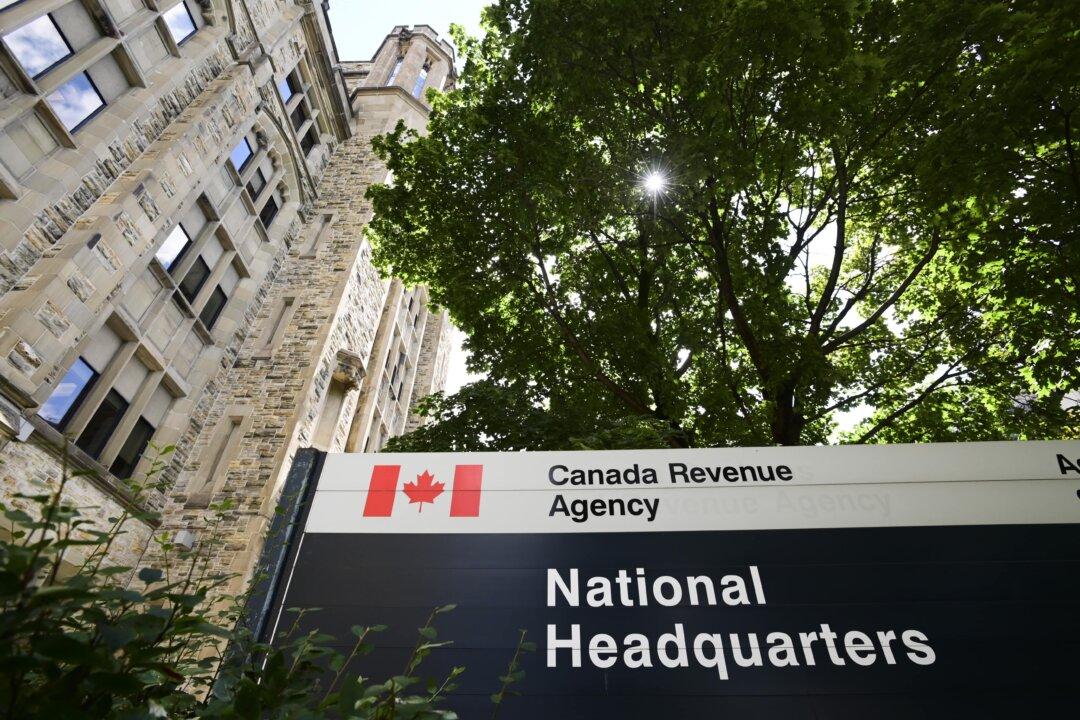Canadians can expect an increase in taxes in 2024, thanks to the country’s high inflation rate, the Canadian Taxpayers Federation (CTF) said in a newly released report.
The Canada Revenue Agency announced the changes in November, saying an inflation rate of 4.7 percent will be used to set the 2024 tax brackets. Among those changes will be an increase in the mandatory Canada Pension Plan (CPP) and Employment Insurance (EI) contributions in 2024 for both workers and their employers, the CTF’s annual tax report notes.





